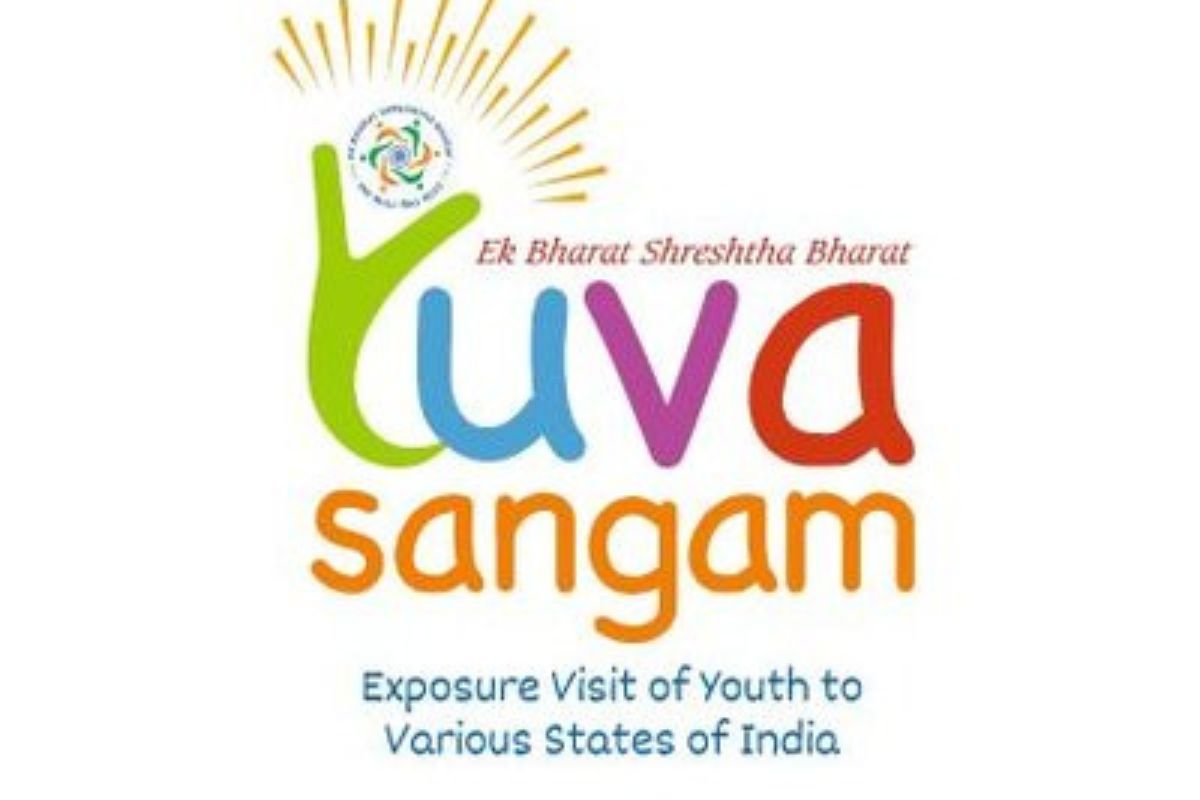Budget curtain raiser: Govt stress likely on rural development
Chandrima Bhattacharya, state finance minister will present the budget for 2025-26 in the West Bengal Legislative Assembly tomorrow.
Yuva Sangam Phase-III will have participation from 22 States and Union Territories with the following Higher Education Institutions paired for the purpose of conducting the exposure tours

The Ministry of Education kick-started the third phase of Yuva Sangam with a delegation of 50 students belonging to diverse parts of Madhya Pradesh travelling to West Bengal for a cultural- cum-education tour.
Yuva Sangam under the Ek Bharat Shreshtha Bharat initiative endeavours to promote experiential learning and introduce youth to the rich diversity of the country. It also aims to provide an immersive experience into the unique facets of life, development landmarks, architectural and engineering marvels, industrial progress and recent achievements in the host state with the focus being on people to people connect.
Advertisement
As a part of the ongoing phase of Yuva Sangam, exposure tours will be conducted throughout November and December wherein the youth, mainly of students studying in Higher Educational institutions (HEIs), as also off-campus youngsters in the age group 18-30 years from across the nation will be travelling to their paired states.
Advertisement
During their visits, delegates will receive multi-dimensional exposure to five broad areas: Paryatan (Tourism), Parampara (Traditions), Pragati (Development), Prodyogik (Technology) and Paraspar Sampark (People-to-people connect) in the host states.
Yuva Sangam Phase-III will have participation from 22 States and Union Territories with the following Higher Education Institutions paired for the purpose of conducting the exposure tours: Central Tribal University of Andhra Pradesh-IIT Delhi; IIT Dharwad-IIT Ropar; SPPU Pune-IIT Guwahati; IIT Hyderabad-BHU Varanasi; IIM Trichy-IIIT Kota; IIM Sambalpur-NIT Calicut; IIITDM Jabalpur-IIT Kharagpur; IIIT Ranchi-NIT Kurukshetra; NIT Goa-IIT Bhilai; and IIM Bodhgaya-IIIT Surat.
Given the overwhelming response received in the first two phases of Yuva Sangam, which saw more than 2000 youth participating, Phase 3 is also expected to witness immense vigour and enthusiasm. This phase will take forth the idea behind this unique initiative under the aegis of Ek Bharat Shreshtha Bharat by the Government of India which intends to not just expand the intellectual horizons of young agents of change but to also sensitise them to diversity across India so as to channelize their knowledge for a more connected, empathetic and technologically robust India of the future.
Advertisement